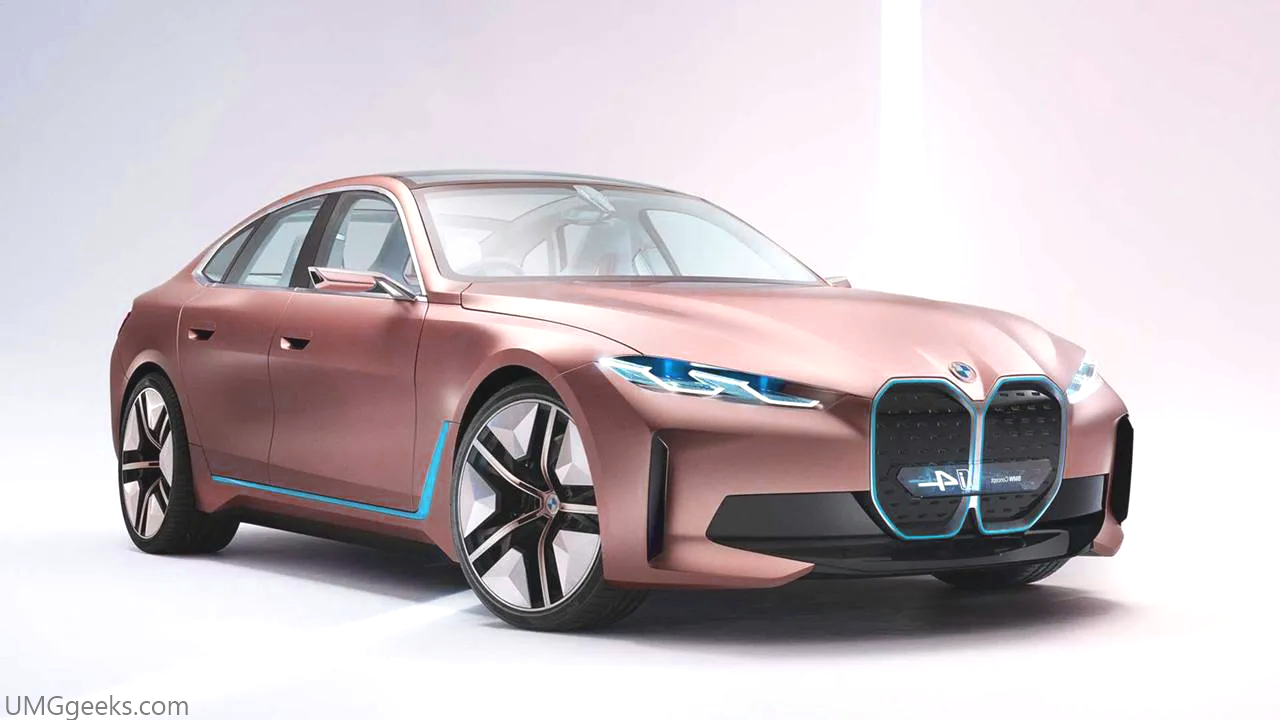
Though newer electric vehicles travel farther than their predecessors, the question of how far one can go on a charge is still raised. We’ll look at a few variables that affect the range of electric vehicles (EVs) in this section.
How Far Can an Electric Vehicle Travel on a Full Charge?
The average distance you can go on a single charge is 250 miles, according to the UC Davis Plug In Hybrid and Electric Vehicle (PHEV) Research Center (at the time of writing in June 2022). Some models will achieve a lower mileage while others may reach 350 miles or more.
But what brings forth that range’s variation? Why do different EVs have different ranges on a single charge? The size of an electric car’s battery and the age of the automobile are two factors that affect the answer. The amount of range you’ll receive from an EV after charging it depends on your driving style and the weather.
Related: Electric Cars for Kids: Buying Overview
The lowest and maximum average ranges for an electric cars on a single charge are separated by a sizable margin, according to data gathered by the Electric Vehicle Database. The Smart EQ for four, which can travel up to 90 miles under ideal circumstances, is at the low end of the spectrum with an average real-world range of 55 miles. The Lucid Air Dream Edition R has a maximum range of 430 miles and an estimated average range of 430 miles.
At the time of writing, the average mileage for mid-range automobiles was 200–300 miles. According to the U.S. Department of Transportation (DOT), the average American travels 36 miles per day, or 13,476 miles annually, therefore even mid-range EVs are more than adequate for most everyday driving requirements.
It’s important to keep in mind that the majority of the EVs with the highest statistics on the market at the time of writing are pricey and probably won’t be what most drivers deal with in terms of range. The majority of consumers who purchase electric vehicles today will see ranges that are closer to the 250 miles on average reported by the UC Davis Research Center.
Over the next years, the average range will likely grow as battery technology advances. It’s also crucial to remember that these mileage estimates only apply to battery-powered, all-electric cars. The average mileage of hybrid vehicles that alternate between using a petrol tank and a battery for fuel will be greater.
Related: The of power and technology, the new electric car of Kia
What factors can impact an EV’s range?
The range of an electric automobile can be impacted by several factors, including the weather and battery capacity. As a result of the liquid component becoming viscous and the processes that generate energy slowing down, cold weather, for instance, drains an electric cars battery more quickly. This issue is mitigated by built-in cooling and heating systems for the batteries, but prospective EV owners should be aware of it.
Since electric motors don’t produce their own heat like a gasoline engine would, power is also required to run the vehicle’s heating systems. The battery pack size of an EV is crucial to its range. There are more lithium-ion cells to store electricity to run the engine per unit of battery pack size. The car’s range increases with the amount of energy saved. The higher the number, the more energy an EV battery pack can store.
EV battery pack capacity is measured in kilowatt-hours. The Smart EQ for four’s battery pack carries 16.7kWh, compared to the 118kWh battery of the aforementioned Lucid Air Dream. The bigger battery pack in the Lucid Air provides it a higher capacity, increasing its range.
Range is also impacted by driving behavior. The battery will discharge more quickly if you accelerate quickly or drive at high speeds on the highway since those activities utilize more energy. Regenerative braking systems, on the other hand, have a chance to recoup some energy wasted in stop-and-go traffic.
Should You Fill Up an Electric Vehicle?
The battery of an EV should never be entirely discharged. The battery’s capacity will suffer, and doing so will reduce its lifespan. Do your best to maintain the battery of an electric vehicle’s charge range between 20 and 80 percent.
Thankfully, many contemporary electric cars come equipped with warning systems that let you know when your battery is becoming low. Some of the more sophisticated ones even notify you when you are close to a charging station so you may recharge there and then. The number of miles you have left to travel before the battery runs out is frequently visible, allowing you to recharge well in advance of becoming stuck.
An EV is finished when it reaches zero, as opposed to a gas car, where you may be able to squeeze out a few more miles when the gas light comes on. Avoid letting the battery run down completely since if that happens, you’ll need to be dragged to a charging station. It helps to significantly reduce that issue to top off throughout the day or at home overnight.
Related: How we charge to electric cars
How Can You Determine the Range of an EV?
Determine the range you require by figuring out how many miles you travel each day. Will the EV you want’s typical range be sufficient for that need? Then it would make a good contender.
Think about the neighboring infrastructure for charging. Will there be public charging outlets available to you? Will you have access to a reload at work? Charge overnight at home? A greater range won’t be very useful if charging is too tough where you live.
What’s the weather like where you live? You should consider the weather because it will at least somewhat lower your range if it’s really hot or cold. Last but not least, keep in mind that an EV’s battery will lose part of its initial range as it ages.
It won’t likely be a significant percentage—typically it’s around 5% during the first several years—but it will happen anyway. Calculate 10% of the first projected range, deduct that amount from the original range, and then determine if your demands are still met.
Combining these elements should help you determine whether or not range anxiety will be an issue for you when operating an electric vehicle. However, it’s always wise to do your research to prevent unpleasant (and expensive) surprises. Many people discover that they can get around just fine in an electric cars.



